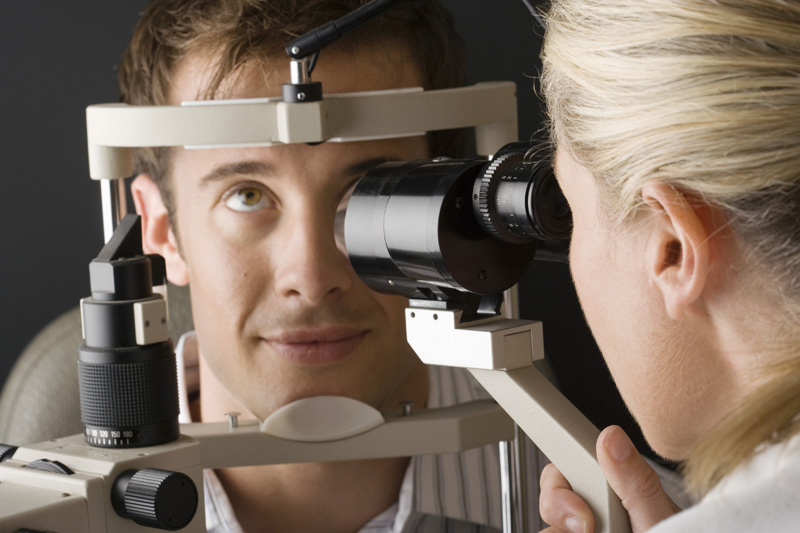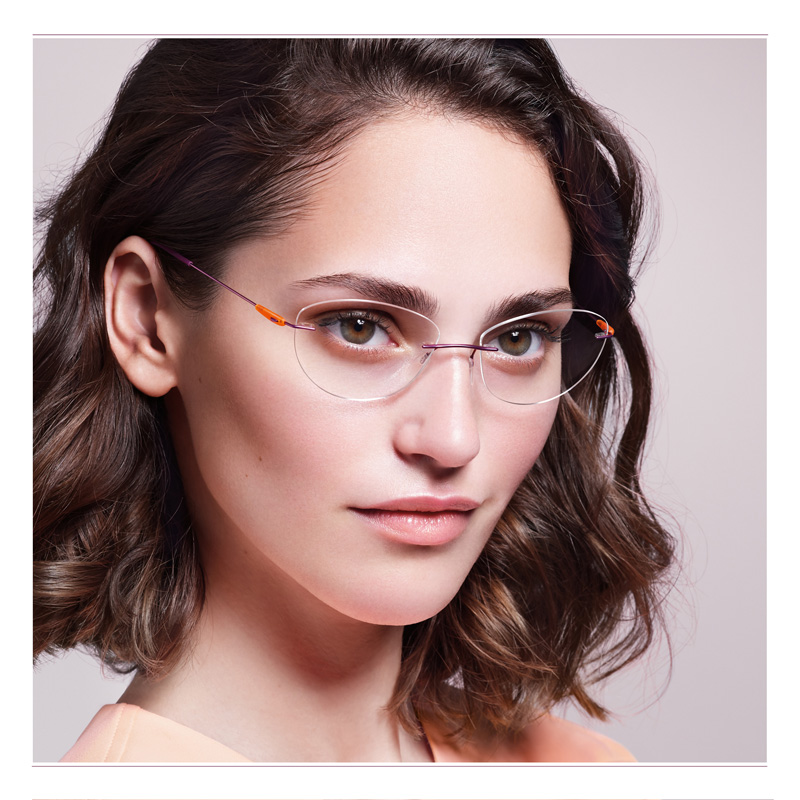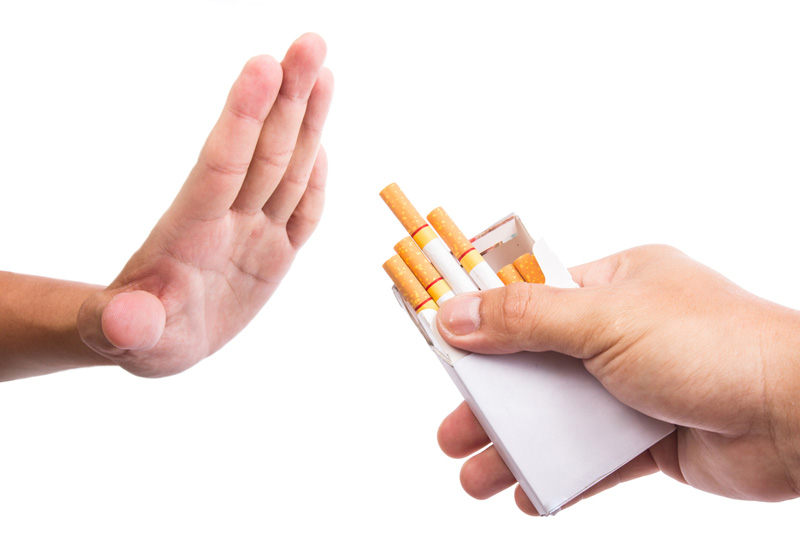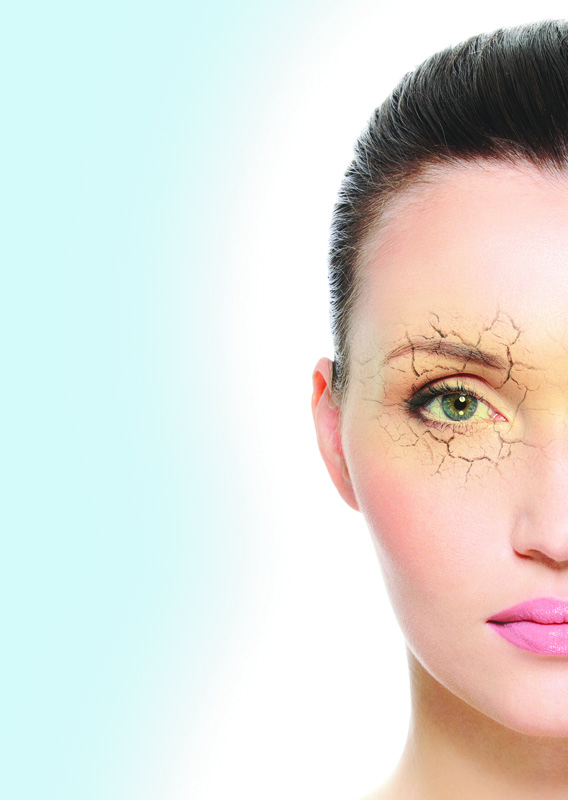Have an eye test! The best way of keeping your eyes in peak condition is to have them checked regularly. Some eye conditions don’t have any symptoms until it’s too late to treat them.
It’s great to be reassured that all is well.
Have an eye test! The best way of keeping your eyes in peak condition is to have them checked regularly. Some eye conditions don’t have any symptoms until it’s too late to treat them.
It’s great to be reassured that all is well.
 Doctor looking at eye with slit lamp
Doctor looking at eye with slit lamp
Unsurprisingly, it seems that eating a good diet full of vitamins and essential fatty acids can have a protective effect on your eyes. If you like kale you are particularly lucky as this vegetable has the highest concentration of a pigment called lutein that is essential for a healthy macula.
It’s a myth that wearing glasses that you have been prescribed will make your eyes lazy or change your vision. Your vision is likely to change over your lifetime but not because you’ve worn glasses.
If your vision is better and more comfortable with your glasses on, wear them!


It’s also a myth that staring at a computer screen will damage your eyes in some way, however looking at a screen for long periods can make them feel tired and give you a headache even if you don’t need glasses. Follow the 20/20/20 rule – every 20 minutes, look at something 20 feet away, for 20 seconds.
It’s worth knowing if people in your family suffer from or did suffer from eye disease, particularly glaucoma. Knowing the history can help your optometrist identify risk factors and do extra tests to screen for these conditions.
 Multi-Generation Family Enjoying Walk In Beautiful Countryside
Multi-Generation Family Enjoying Walk In Beautiful Countryside
We all know that smoking is bad for you but not everyone is aware of the devastating eye problems that can be associated with smoking. Recent research has shown that smokers increase their chance of getting macular degeneration by about four times.
As well as making vision more comfortable in the sun, sunglasses protect your eyes and the delicate skin around them from UV light. When choosing sunglasses, you should always make sure that they carry the CE or British Standard marks. There are different categories of sunglasses to choose from, including everyday wear, as well as frames for specialist sports.


Eyes become dry, tired and sore if you are not producing enough tears or you have poor-quality tears. Central heating, air-conditioning and computer use can make it worse. Lubricating eye drops can soothe irritation and reduce discomfort.
People who have chronic conditions such as diabetes or high blood pressure are more at risk from developing problems with their eye health. The best way to avoid these complications is not to develop these conditions in the first place – keeping a healthy weight, taking regular exercise and eating well can help to prevent problems in the future.


Play squash? Go skiing? Use a lathe? There are a wide range of options to protect your eyes while doing dangerous activities and these are available with or without prescription lenses. Ask your optician to advise you on which protective glasses are right for you.